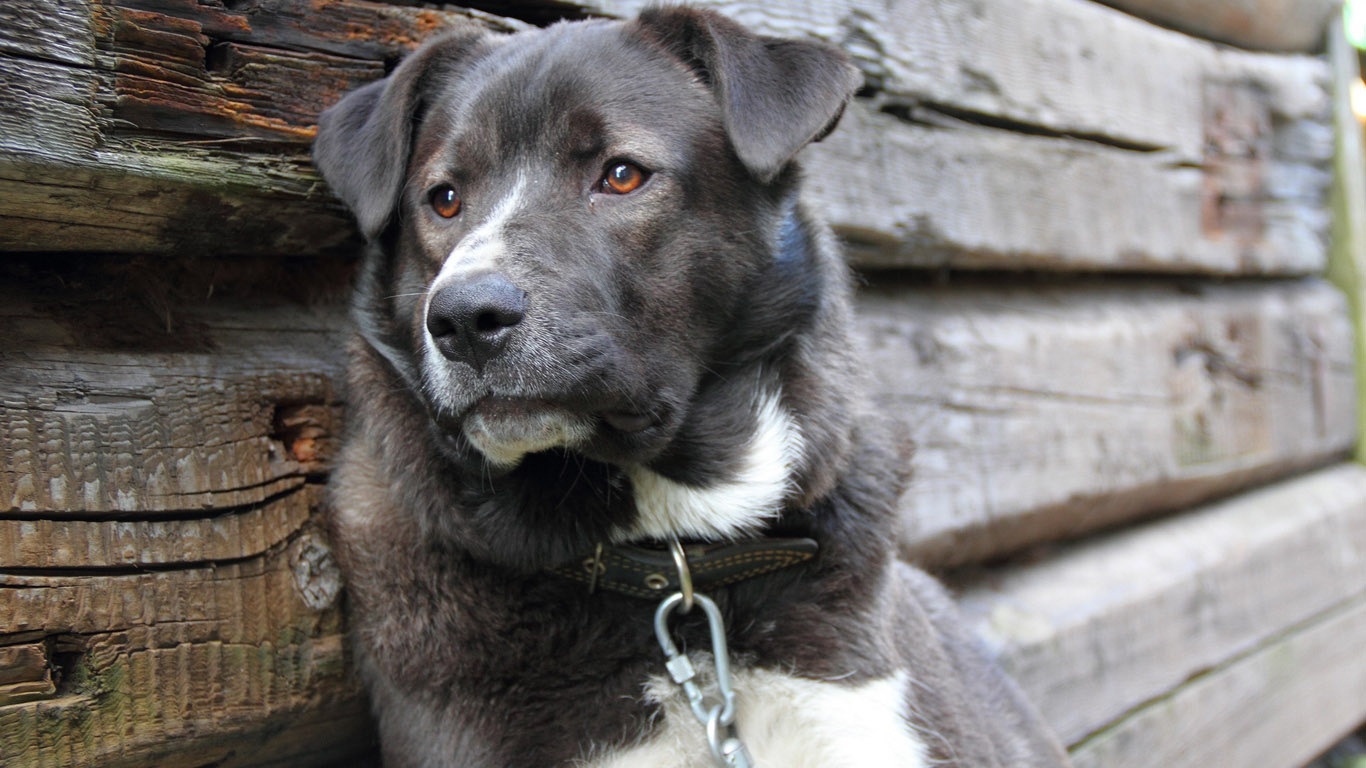Anti-speciesism theorist Norm Phelps once noted that cat and dog “overpopulation” is a product of capitalism. That is, human society breeds these animals as designer products for purchase. The capitalist system relies on constant production and consumption. Regular disposal to accommodate these requirements is the unfortunate consequence of a capitalist system working as it should be. “Shelters,” then, become the landfill at the end of this production line, artificially sustaining this ultimately unsustainable consumer system.
I have noticed that many well-meaning rescue programs designed to intervene in this system to save lives also run on some rather problematic pro-capitalist ideologies (the Australian show “Give a Dog a Home” is especially relevant here).
First, these are reform-focused social services, and thus do little to challenge the system as it is. The companion animal production line churns on, while rescuers at the end of the line scramble to save the discards.
Second, survivors are extremely vulnerable, as they are frequently valued primarily in their utility to humans. Take many rescue shows, for instance, which boast their ability to “rebuild” “discarded” animals who were “tossed on the scrap heap” and make them useful, working animals. They may be assigned as “truffle dogs,” personal assistants, or entertainers trained to perform demeaning tricks on command. All of this “work” is unpaid and forced without consent, of course.
These survivors are framed as grateful to be both alive and “useful,” and no one questions the system that created their violent circumstances in the first place. Nor can anyone seem to imagine a future where other animals have a right to life independent of human wants. In this way, rescue animals remain products in a pro-capitalist system. To me, these programs are disturbingly similar to “trash-to-treasure” home makeover shows.
Why not allow cats and dogs to exist (in the words of animal law scholar Lee hall) on their own terms? Only in a capitalist society is one’s right to exist wholly dependent upon one’s productivity in the economy. This is a fundamentally problematic and unjust approach. Switching out designer dogs for “shabby chic” mutts and reject pure-breds who have been successfully “retrained” supports a post-speciesist ideology. Our goal should not be to “reduce, reuse, and recycle” Nonhuman Animals, but rather to liberate them from systems of human oppression.

Readers can learn more about the problems of vegan capitalism in my 2016 publication, A Rational Approach to Animal Rights. Receive research updates straight to your inbox by subscribing to my newsletter.
